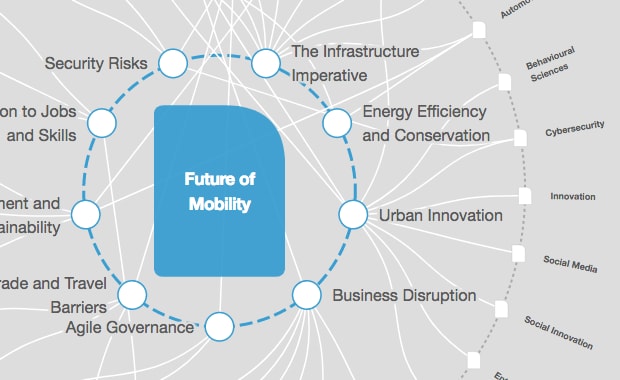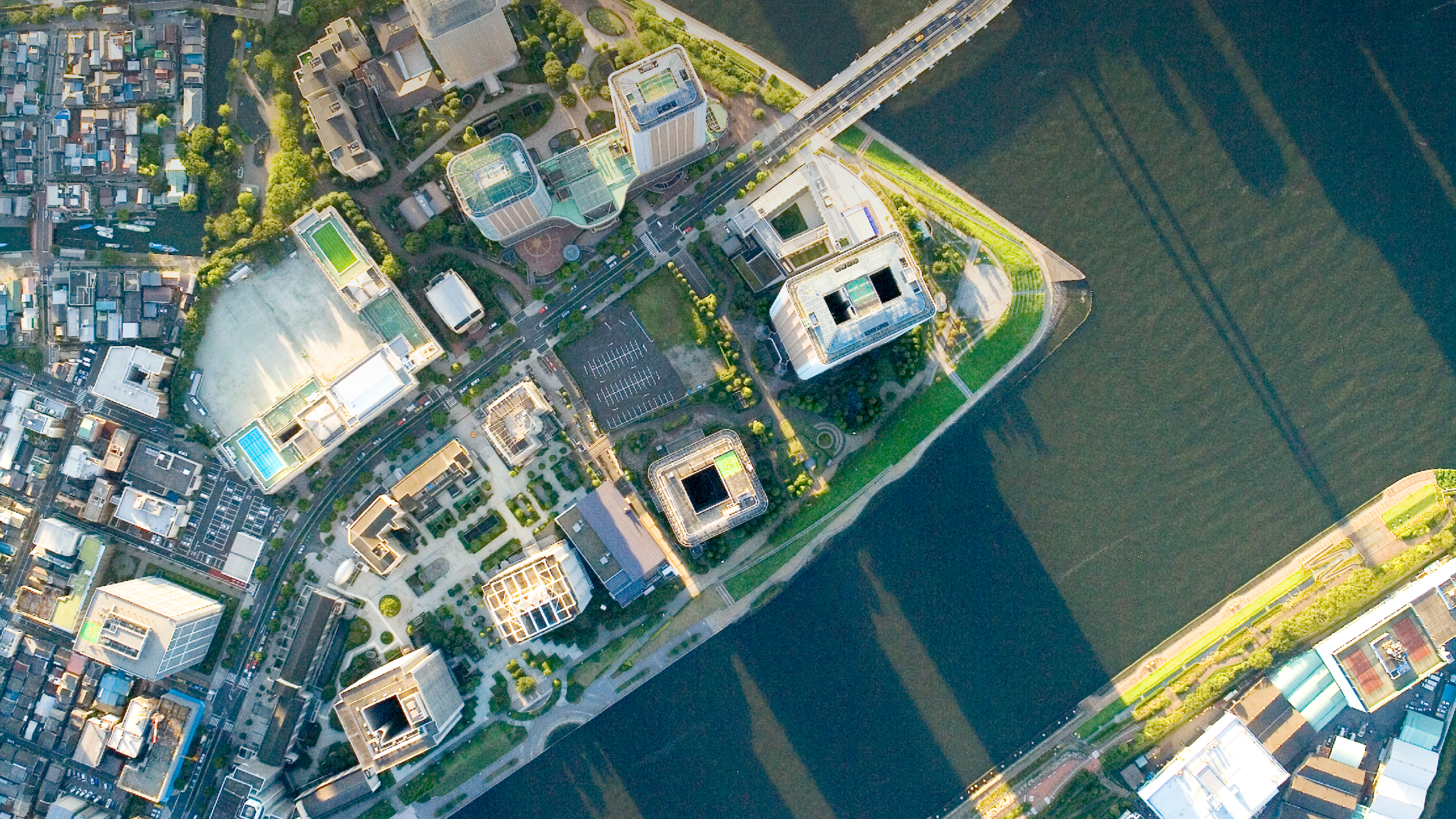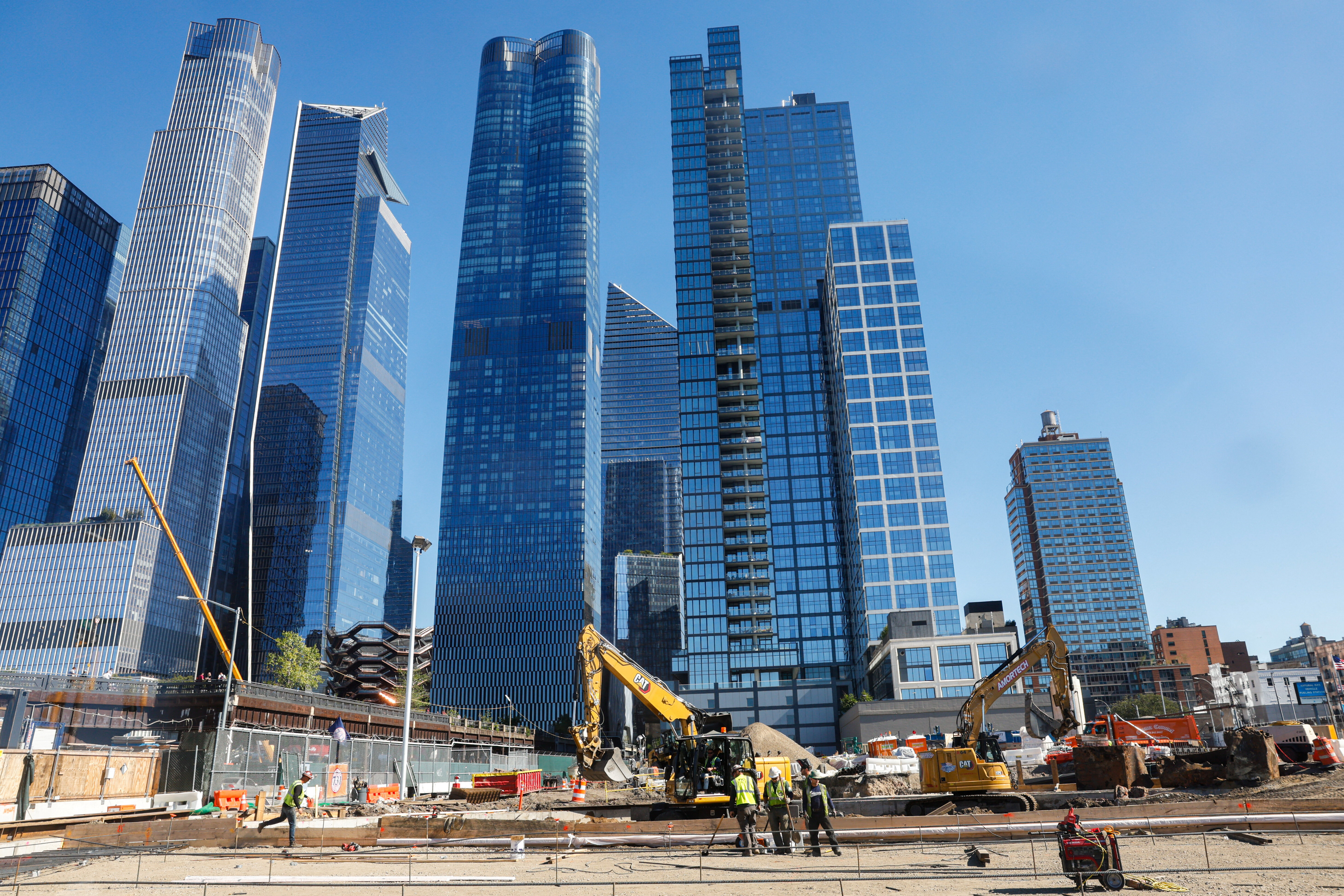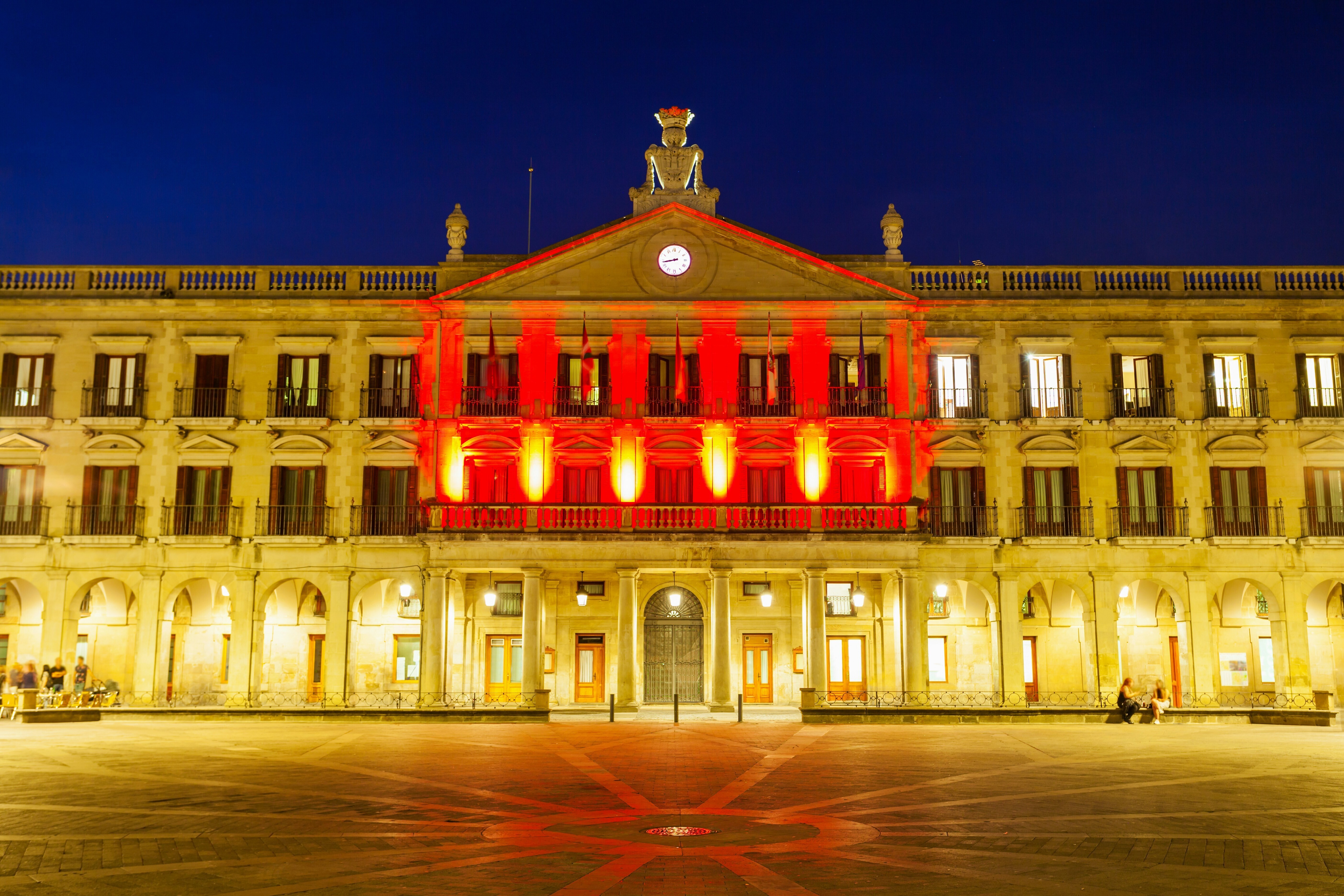How the pandemic has changed our use of public transport

'People feel more protected in their car than in public transport.' Image: Unsplash/Sonia Elks
- Concerns about COVID-19 mean more people are using cars instead of public transport, according to a new report.
- Too many cars on the road increases problems such as traffic jams, noise and pollution.
- The fall in public transport use is expected to persist, so policymakers are being encouraged to develop new initiatives to make it more appealing.
Fears of the novel coronavirus are driving commuters off public transport and back to the car, researchers have said, urging cities to respond quickly to changing habits and lure travellers to green options.
Cities face a pivotal moment as they build back from a pandemic that has reshaped work, life and travel, according to the "Mobility Futures" report, which surveyed 9,500 residents in 13 cities worldwide.
"People feel more protected in their car than in public transport," said Guillaume Saint of the consumer research organisation Kantar, which carried out the research, adding that a shift to green travel would now be slower than thought.
"We know that public transport is one of the solutions in order to avoid having too much jams, too much traffic, too much noise and pollution, driven by the automotives in the cities, so there is a big challenge here."
The impacts of the pandemic will "fundamentally shape the future of urban mobility" said the report, which polled residents in big cities including New York, Chicago, Beijing, Mumbai and Paris.

Work-from-home policies and remote schooling led to a significant drop in urban journeys - a scenario likely to continue as many institutions embrace hybrid working, it found.
City dwellers also spent more time locally and looked to cut their human contact to reduce the spread of infection.
The share of journeys made by bike or on foot rose by 3% on average during the pandemic, the report found, but that shift was far outweighed by a 5.6% drop in the percentage of journeys by public transport and a 3.8% rise in those by car.
Last year's Mobility Futures report predicted that journeys made by green transport would overtake those by car by 2030.
While Saint said he expects the fall in public transport use to persist, he said cities have a one-off chance to transform.
Authorities can capitalise on a growing enthusiasm for biking and walking, while temporary bike lanes in some cities showed it was possible to nudge residents towards green choices.
What's the World Economic Forum doing about the transition to clean energy?
"They can entice people back to public transport with flexible tariffs for part-time commuters, offering tickets that are valid on multiple types of transport, and making stations more bike-friendly," said Saint. "Mayors need to heed the call of thousands of European urbanites who are crying out for more space for walking, cycling, public transport and greenery," said Barbara Stoll from European environmental campaign group Transport & Environment.
"Although there is a shift back to driving, this is a crucial window of opportunity for policy makers to embrace the solutions that provide cleaner alternatives to polluting cars."
Don't miss any update on this topic
Create a free account and access your personalized content collection with our latest publications and analyses.
License and Republishing
World Economic Forum articles may be republished in accordance with the Creative Commons Attribution-NonCommercial-NoDerivatives 4.0 International Public License, and in accordance with our Terms of Use.
The views expressed in this article are those of the author alone and not the World Economic Forum.
Stay up to date:
Mobility
Forum Stories newsletter
Bringing you weekly curated insights and analysis on the global issues that matter.








